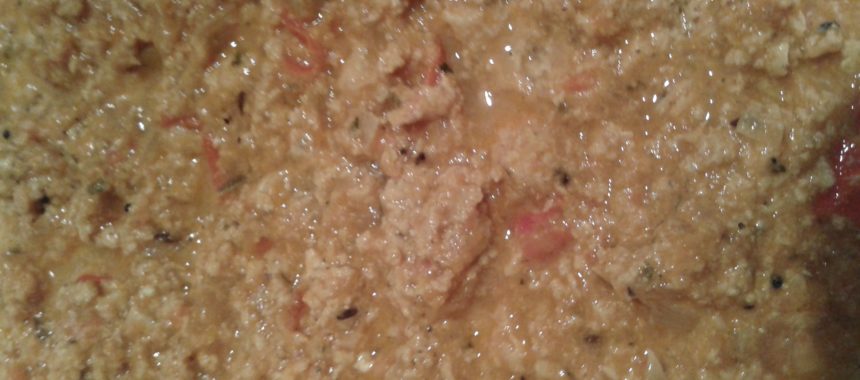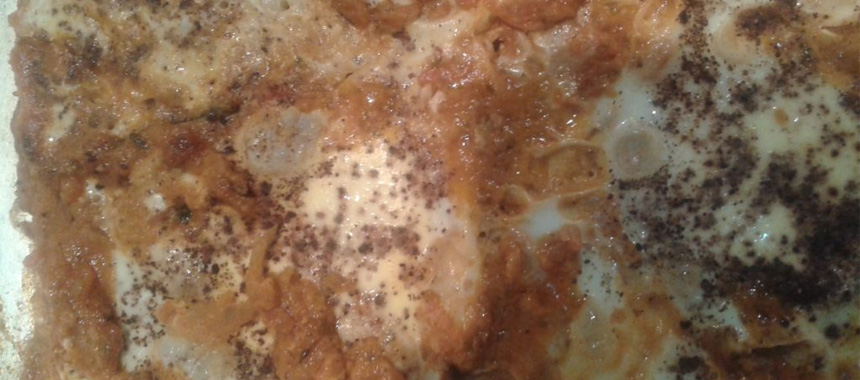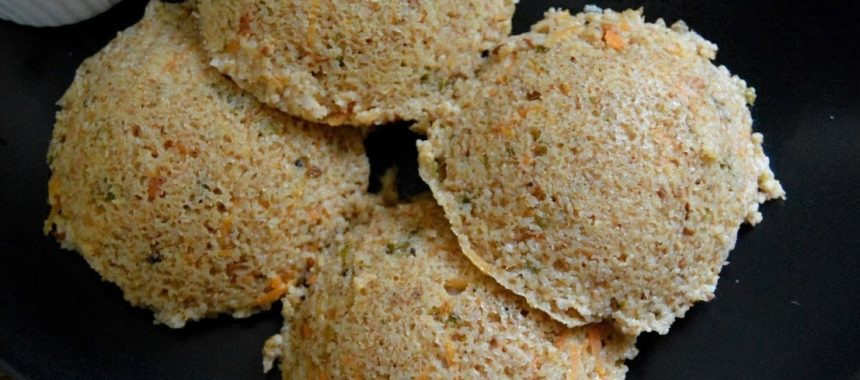Osteoporosis is a condition characterized by a decrease in the density of bone and strength which result in fragile of bones. Osteoporosis literally leads to abnormally porous bone that is compressible, like a sponge. This disorder of the skeleton weakens the bone and results in frequent fractures (breaks) in the bones. Normal bone is composed of protein, collagen, and calcium, all of which give bone its strength. Bones that are affected by osteoporosis can break (fracture) with relatively minor injury that normally would not cause a bone to fracture. The spine, hips, ribs, and wrists are common areas of bone fractures from osteoporosis although osteoporosis-related fractures can occur in almost any skeletal bone.
Calcium is an important nutrient that strengthen the bone. Having enough calcium intake in the diet is essential to prevent osteoporosis and the loss of bone mass. Calcium does help a person maintain healthy bones. We should consume about 1000 – 1200 mg of calcium per day.
Foods Rich in Calcium:
Wheat, ragi, cholam, red gram dhal, whole gram, green gram dhal, sprouted green gram, black gram dhal, sprouted black gram, jaggery, karupatti, bengal gram dhal, cabbage, broccoli, cauliflower, green leafy vegetables, green vegetables, skimmed milk & curd, almond, brazil nut, berries, oranges, prunes, dry figs, apricot, raisins, dates, custard apple, pineapple, kiwi, coconut milk, sardine fish, salmon, prawn, crab, etc
Foods to be avoided:
Too much of tea, coffee and salt. White sugar, maida, chips, cola, soda, wheat food with milk, kelogg’s with milk, alcohol etc.
The best way to absorb calcium with least risk of constipation from food such as low-fat dairy products and other food items about 1000 – 1200 mg per day. Make sure of taking 21 -25 gm of fibre daily from sprouted gram, green leafy vegetables and other vegetables which absorb water and help food pass through system more easily. So constipation will be prevented.
| Food | Calcium Absorption |
|---|---|
| Milk, Curd, Ice cream | 72 |
| Vegetables | 7 |
| Grain | 5 |
| Legumes | 4 |
| Fruits | 3 |
| Meat, Poultry, Fish | 3 |
| Egg | 2 |
Much less calcium is absorbed from food that contains high of oxalic acid – spinach, beans that reduces the calcium absorption from milk. Where the food high in phytic acid does not block the absorption from other calcium rich foods like milk.
Calcium Rich Recipes:
| Recipes | Amount | Calcium (mg) |
|---|---|---|
| Cooker idli | 3-4 | 42 |
| Dosai | 2 | 35 |
| Masala Dosai | 2 | 56 |
| Uthappam | 2 | 49 |
| Khaman Dhokla | 4 Medium | 70 |
| Spinach Soup | 1 Bowl | 217 |
| Mixed Vegetables Soup | 1 Bowl | 46 |
| Chappathi | 3-4 Pieces | 27 |
| Poori | 4-5 Pieces | 20 |
| Tamarind Rice | 1 Bowl | 53 |
| Vangi Bath | 1 Bowl | 77 |
| Mixed Vege Pulao | 1 Bowl | 85 |
| Sambar | 1 Bowl | 52 |
| Channa masala | 1 Bowl | 61 |
| Whole Milk | 200 ml | 276 |
| Milk (2%) | 200 ml | 293 |
| Low Fat Milk | 200 ml | 299 |
| Low fat curd | 235 ml | 415 |
| Soft Tofu | 1/2 Cup | 138 |
| Cream cheese | 1 tbsp | 14 |
| Cottage cheese | 1 Cup | 138 |
| Ice cream | 1 Cup | 176 |
| Roasted Almond | 1/2 Cup | 168 |
| Spinach Cooked | 1/2 Cup | 123 |
| Orange juice | 200 ml | 426 |
| Sardine | 1/2 Cup | 285 |
The wrong kind of calcium supplement , that is taken excessively about 1500 mg per day can make matter worse. Normally calcium keeps our colon clean by combining with excess of bile and decayed fat to form benign insoluble soap, which is excreated along with stools. But too much of calcium leads to digestive as well as other problems such as building up of calcium in the arteries and may result in heart attack. If calcium supplement lacks in magnesium, this may lead to constipation. because magnesium relaxes colon wall during the feelings of stress, worry ans anxious which allows for a normal peristaltic action ( Contraction and relaxation of muscles). Also it attracts water which makes stools soft. Traditional rice, wheat, flax seed, sesame seed, brazil nut, almond, roasted soya are rich in magnesium.






Its like you read my mind! You appear to know a lot about this, like you wrote the book in it
or something. I think that you could do with a few pics
to drive the message home a little bit, but other than that,
this is excellent blog. An excellent read. I’ll certainly be back.
Thank you
I was able to find good info from your content.
Thank you